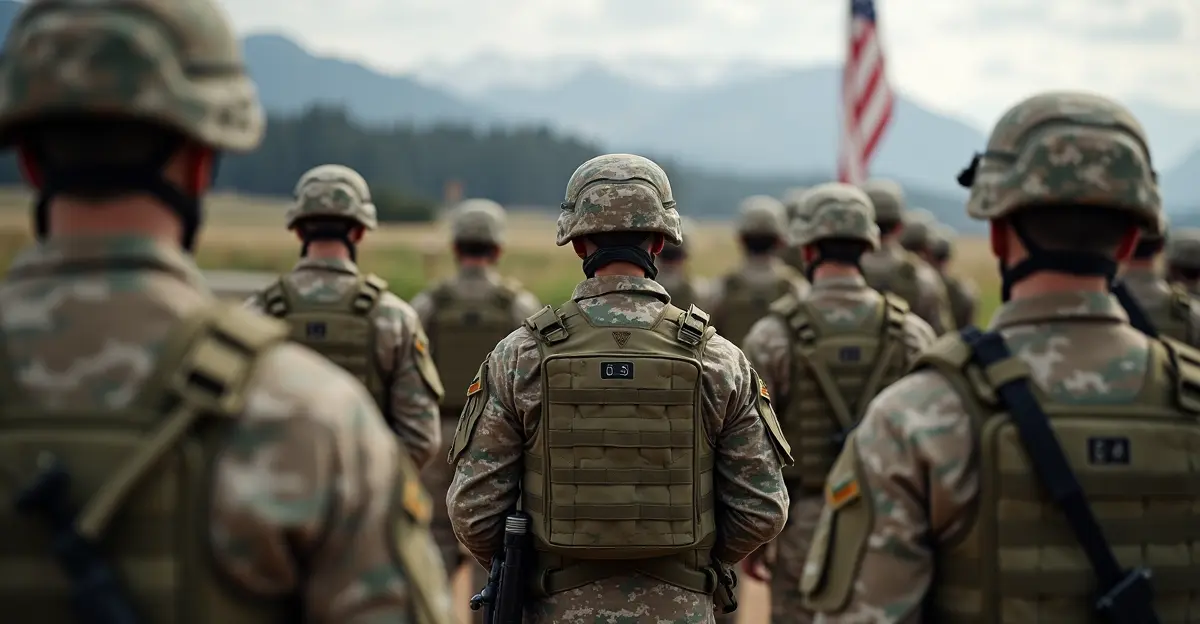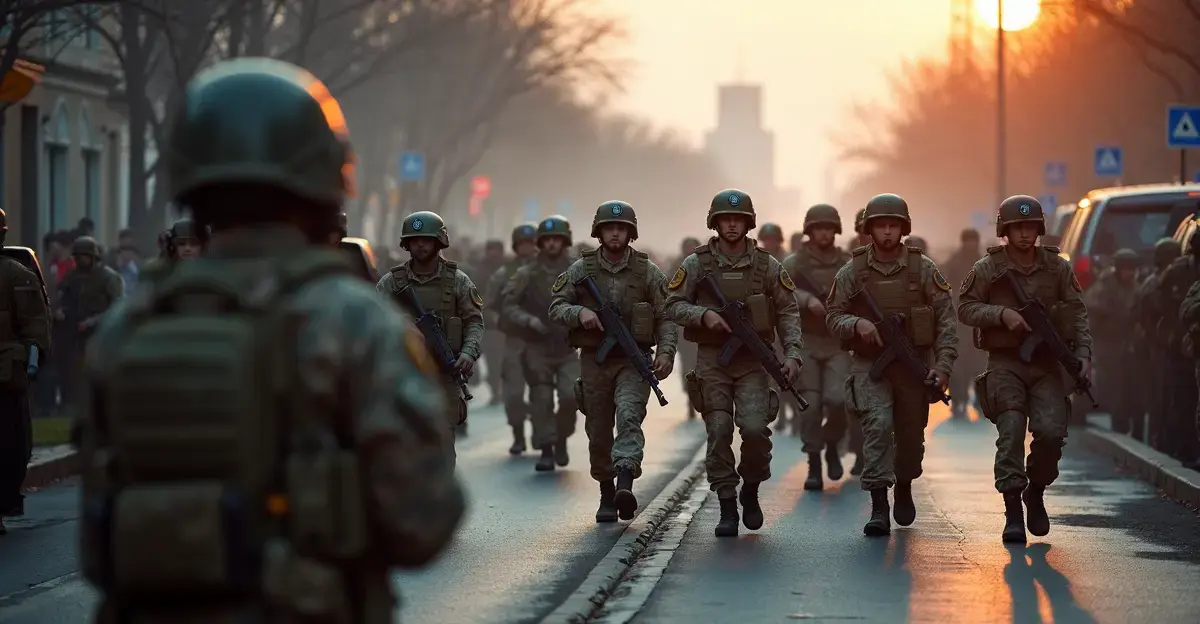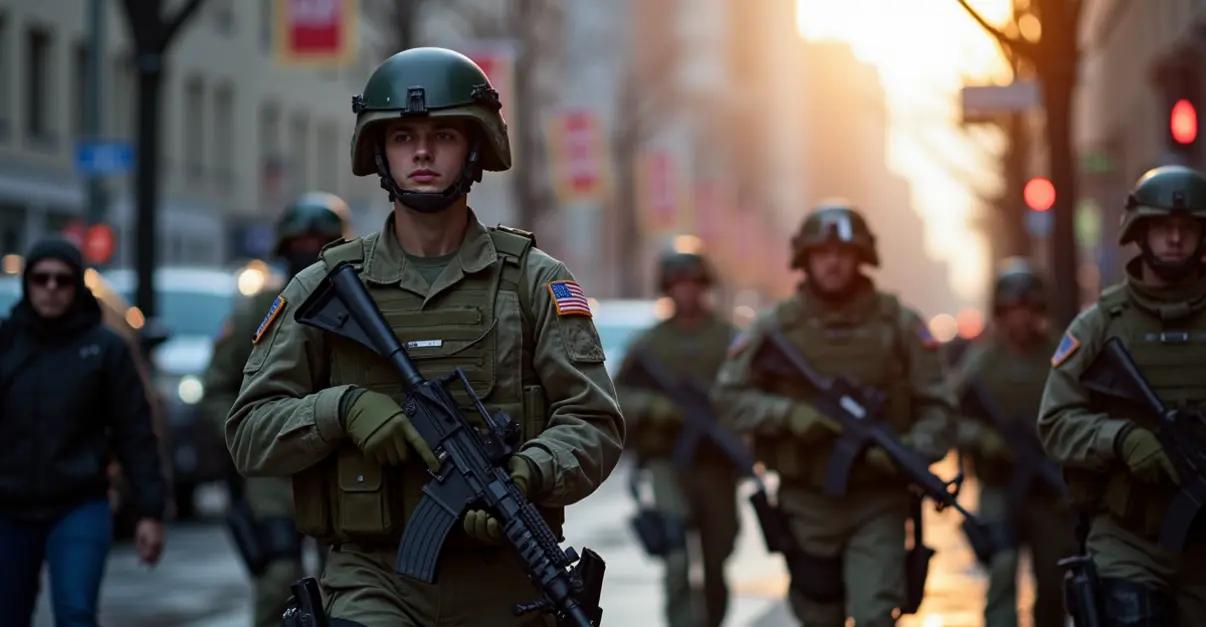Federal judge blocks Trump's National Guard deployment to Oregon for second time, ruling protests don't justify military intervention. Legal battle continues over presidential authority.

Federal Judge Halts Trump's Military Deployment to Portland
A federal judge has dealt another blow to President Donald Trump's efforts to deploy National Guard troops to Oregon, marking the second time in recent days that courts have blocked the administration's military intervention in the state. U.S. District Judge Karin Immergut, who was appointed by Trump in 2019, issued a ruling that prevents the president from circumventing her previous order by using National Guard members from other states.
Legal Battle Over Military Authority
The legal confrontation centers on Trump's attempt to send approximately 200 National Guard troops to Portland, where protests have occurred near federal immigration facilities. On Saturday, Judge Immergut had already blocked the deployment of Oregon's own National Guard members. Her latest ruling specifically targets Trump's workaround strategy of using guardsmen from California and potentially other states.
'This is a nation of Constitutional law, not martial law,' Judge Immergut stated in her ruling, expressing concern about the blurring lines between civil and military power. The judge found that Trump lacked a 'colorable basis' to federalize the National Guard because the situation in Portland did not demonstrate an inability of federal law enforcement to execute federal laws.
Political Reactions and State Opposition
Oregon's Democratic Governor Tina Kotek and Portland's mayor have strongly opposed the deployment, rejecting Trump's characterization of the city as 'torn apart by war.' Governor Kotek emphasized that she wasn't even officially notified by the Trump administration about the arrival of approximately 100 guardsmen from California over the weekend.
'Military intervention is not necessary in Oregon. There is no uprising in Portland, there is no threat to national security,' Governor Kotek declared on Saturday. Her Democratic counterpart in California called Trump's actions 'an abuse of power,' while legal representatives described the situation as 'a hostage-taking of the city.'
Broader Pattern of Military Deployments
This case represents part of a broader pattern of Trump deploying National Guard troops to cities despite local objections. The administration has already sent military personnel to Los Angeles, Washington D.C., and announced plans for deployments to Memphis and Chicago - all cities with Democratic leadership.
The legal basis for these deployments faces significant challenges under the Posse Comitatus Act, which limits military involvement in domestic law enforcement. In September, federal courts ruled that the administration had illegally sent troops into Los Angeles in violation of this law.
Constitutional Questions and Future Appeals
Judge Immergut's ruling emphasized that federalizing Oregon's National Guard without proper constitutional or statutory authority violated the Tenth Amendment, infringing on the state's right to control its own guard. The court found no evidence of severe or ongoing violence in Portland that would justify federalizing the guard, stating federal agents needed no military assistance.
Trump can still appeal the decision to higher courts. The Supreme Court has previously shown sympathy toward Trump's argument that presidents have broad authority to deploy troops in emergencies. However, the administration faces an uphill battle given the specific findings about the nature of Portland's protests.
Republican Texas Governor Greg Abbott has offered 400 troops from his state's National Guard, tweeting: 'Guard your own federal employees, or step aside so the Texas Guard can do it.' This highlights the political divisions surrounding the deployment controversy.
The temporary restraining order remains in effect at least through October 17, providing a brief reprieve while the legal battles continue to unfold in what has become a significant test of presidential power versus judicial oversight.

 Nederlands
Nederlands
 English
English
 Deutsch
Deutsch
 Français
Français
 Español
Español
 Português
Português









